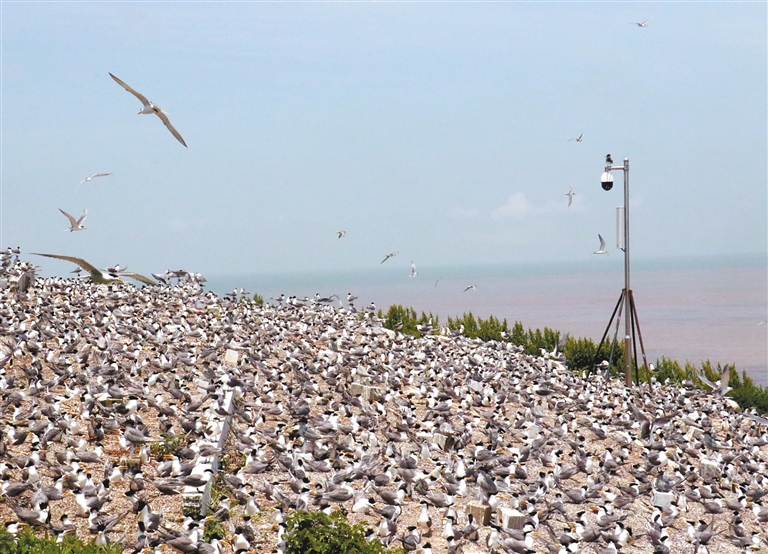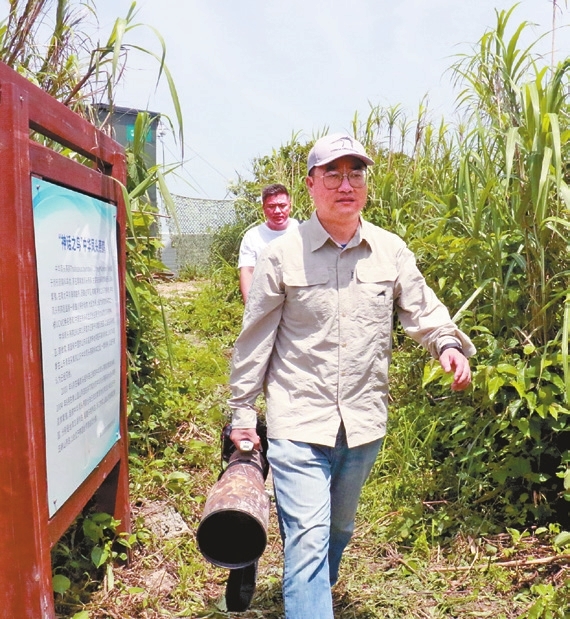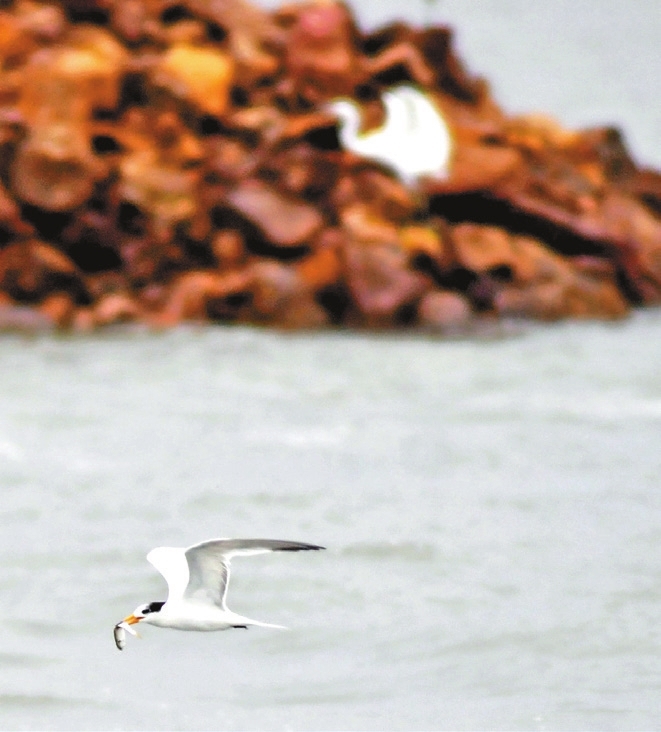


THE Zhejiang Museum of Natural History is calling on the public to join its Chinese crested tern research and conservation team as seabird observers on island stations off the coast. The initiative aims to protect the “birds of legend,” as they are often affectionately known, with 12 openings across islands near Ningbo, Wenzhou, and Zhoushan. Hired observers will enjoy free accommodation and meals, in addition to a daily wage of 300 yuan (US$41). The museum also promises safety measures alongside regular supply deliveries, electricity, mobile phone coverage, and WiFi access. The job posting has piqued the interest of many online, drawn by the benefits and the unique nature of the job, seeing it as a chance for a one-of-a-kind getaway. First described in Indonesia in 1861, the Chinese crested tern seemed to have disappeared post-1940s, leading ornithologists to suspect extinction. Miraculously, after over six decades, the species was rediscovered along the coasts of Fujian and Zhejiang. Since 2013, concerted conservation efforts, like the mimicry of tern calls, have encouraged the birds to remain and breed locally. Starting in 2017, the team has annually sought volunteers to help with tasks of counting and tagging the birds, tracking their migration patterns, and maintain related facilities. Observers are tasked with using gear like binoculars and cameras to monitor the terns’ breeding patterns, nest sites, and egg-laying schedules, while also watching for predators. Highlighting the serious nature of the work, Fan Zhongyong from the research and conservation team advises that candidates should have experience in avian observation. The island lifestyle presents challenges that differ significantly from the mainland. Fan’s team guides new observers each breeding season through the tricky journey, which includes a combination of ferry and fishing boat rides, to the remote islands. The job is physically demanding, with necessities like water, food, gas, and equipment being transported manually across the rugged terrain of the birds’ habitats. These essentials are replenished every 10 days, and waste is carried away by the supply boats. “The living conditions can be tough,” Fan admits, adding that even with recent upgrades on the Jiushan Islands off Xiangshan, fresh water is still scarce and power is solely solar-generated. Pingyu Island near Wenzhou is especially arduous, with electricity that’s barely sufficient and limited fresh water that prioritizes drinking and cooking, making showers a luxury. Despite the daunting conditions, enthusiasm remains high among applicants driven by a passion for nature and conservation. He Jibai, an observer, shares his lifelong love for nature and the fulfillment of spending four months on an island. Another observer, Fan Wenhao, recalls the emotional rollercoaster while watching chicks hatch, with their survival hanging in the balance. These intense efforts by the dedicated team have led to a positive turn for the Chinese crested terns, with their global numbers now reaching over 200. (China Daily) | 
